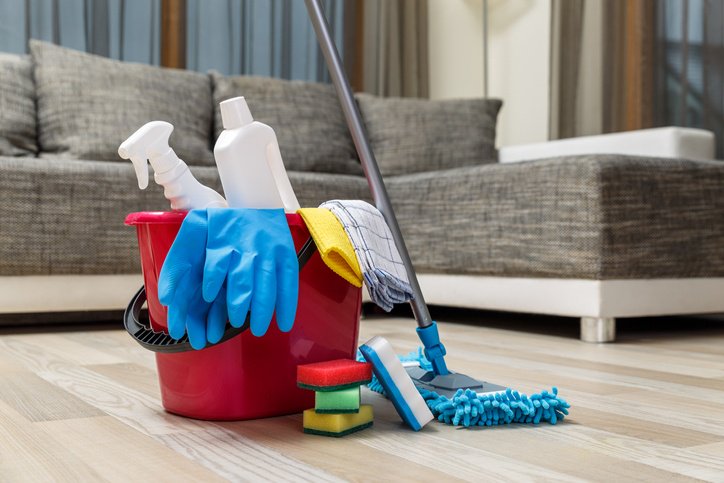Average tenancy deposit has dropped since 2019, mydeposits finds
The average rental deposit has fallen year-on-year since the start of the pandemic and the introduction of deposit caps, mydeposits has found.
The deposit protection service’s research shows that in 2011, 2.2 million deposits were protected across England and Wales, with a total estimated value of £2.1 billion.
Today, there are over 4.2 million deposits held via protection schemes, a 91% increase compared to a decade ago. Its research also found that the total value of deposits held increased to over £4.3 billion in 2021.
The cost of a rental deposit for an individual tenant has not seen the same growth. In 2011, the average tenant paid a tenancy deposit of £948, which has increased almost every year to a peak of £1,108 in 2019, resulting in a 17% increase. However, since 2019, this cost has declined. It decreased by 6% to £1,040 in 2020 and went down a further 1% to £1,025 in 2021.
Eddie Hooker, CEO of mydeposits, comments: “It’s abundantly clear that as a nation, we are far more reliant on the rental sector than we were just a decade ago and this is evident by the sharp increase in both the number of deposits held, as well as the total value of these deposits.
“Much like a mortgage deposit for a house, a tenancy deposit can be a steep financial hurdle for many to overcome and this hurdle remains considerably higher than it was in 2011.
“The good news is that it has started to fall since 2019 and the introduction of deposit caps, which have ensured that any sums charged don’t exceed the five-to-six-week thresholds set by the Government.
“Of course, the pandemic has also played a part with rental values falling in many areas, thus reducing the deposit charged based on these thresholds. However, it’s looking increasingly likely that rental market values may once again start to climb in 2022, which may well reverse the downward trend seen in the cost of a tenancy deposit.”





